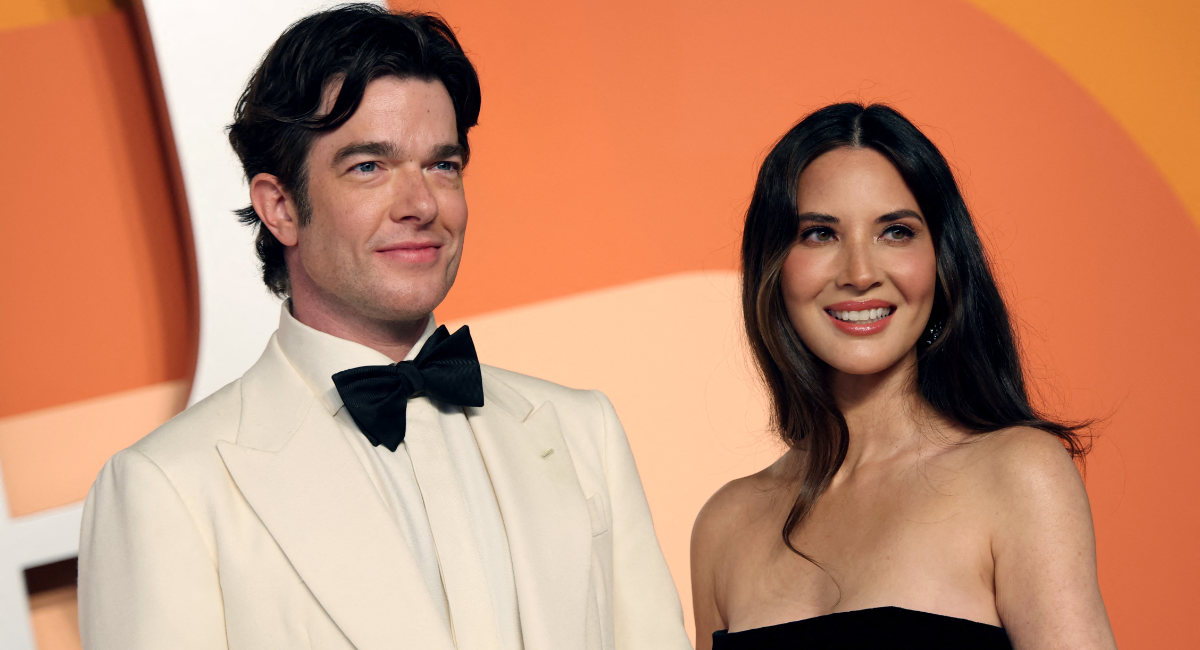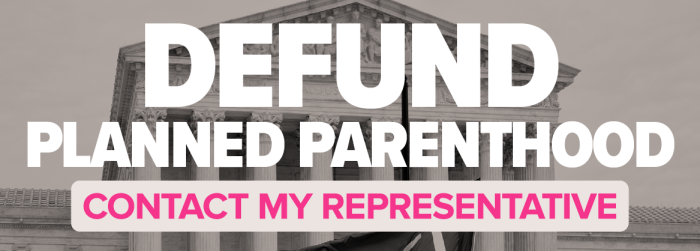Actress Olivia Munn has opened up about how “hard” it was for her to use a surrogate. From how she speaks, it sounds as though she never intended to pay another woman to carry her baby, but when she and John Mulaney wanted to have a second child following her cancer diagnosis and treatments, it began to feel like her ‘only’ option.
In April 2023, when Munn’s son Malcolm was about a year and a half old, Munn was diagnosed with bilateral, multi-focal, multi-quadrant, stage 1 Luminal B breast cancer. This means the cancer was rare, with multiple tumors in different quadrants in both breasts, and although it was in an early stage, it was a more aggressive subtype of cancer.
“When I was diagnosed, they were telling me, ‘This is fast-moving. This is aggressive. We don’t have time. We’ve got to go now…. I was thinking immediately, Okay, I’ve got to fight and I’ve got to get through this. Just tell me what to do. Tell me what to do, and I’m going to tighten my shoelaces.”
First things first
For Munn to ‘tighten her shoelaces’ would mean getting aggressive to attack the cancer, but there was one thing she wanted to do first — another egg retrieval.
She had previously undergone two egg retrievals, but the more recent one (at age 39) did not result in an egg that was deemed healthy. It is unclear what happened with the eggs she retrieved at age 33, which she described as “great.”
She was now 42, and undergoing another egg retrieval meant being injected with hormones for a third time — with an aggressive cancer that could certainly be impacted by those hormones — and while also knowing the egg retrieval process could cause new cancer cells to grow, according to PEOPLE.
Some research indicates an increased risk of breast cancer following hormone treatments like those used in egg retrieval. And Munn had no way of knowing if any of her eggs would be determined “healthy.”
She and Mulaney decided it was worth the risk. Before beginning cancer treatments, Munn had eggs retrieved and fertilized. By the following year, Munn had undergone several procedures, including a nipple delay procedure, lymph node dissection, a double mastectomy, reconstructive surgery, an oophorectomy, and a partial hysterectomy in which her uterus, fallopian tubes, and ovaries were removed.
READ: Couple made surrogate abort their baby at 20 weeks after she had an alcoholic drink
The desire for children
Munn’s pregnancy with Malcolm had been completely unplanned. She and Mulaney weren’t in an ‘official’ relationship at the time; he had just come out of rehab, and they lived on opposite coasts. They made no plans to marry or live together, and agreed that Mulaney would be “involved in some way” in his son’s life. Ultimately, baby Malcolm brought them together and gave Mulaney the motivation to overcome addiction.
Now married, the couple wanted to have more biological children, but that would be impossible unless they did IVF and used a surrogate. Plus, Munn didn’t want just any baby; she wanted a daughter.
“I won’t feel good until we get two more [embryos that are girls] so I need you to just be on my side and let me go through this,” she told Mulaney, according to Momtastic.
After her final egg retrieval, she said, “We got home that day and the doctor said, ‘I got the results back, and it’s the dream. You have two healthy baby girl embryos.'”
It is unclear if there are other male embryos frozen or if the two girl embryos were implanted at the same time, with just one surviving.
The pain of surrogacy
“I needed her [the surrogate] to understand that I needed to go this route,” Munn told SELF. “It wasn’t for superficial reasons or because I wanted to put my work first.” But she’s quick to add, “I’m not saying that any of those reasons aren’t valid for those people. And I’m not judging anyone who makes those decisions based on that, but I needed her to understand this would be hard for me.”
She continued, “It makes me emotional — it’s your baby, and the baby is somewhere else in the world.”
She’s not the only woman to admit the pain that accompanies the use of a surrogate. Khloe Kardashian has said she felt “detached” from her son after using a surrogate; she struggled to bond with him.
The same goes for the babies carried by surrogates. Studies have found that separating babies from their birth mothers — whether they are biologically related or not — can cause trauma for the child and can permanently alter her adult brain function later in life. In addition, children conceived through IVF have a 40% increased risk of birth defects and double the chance of stillbirth.
Other known risks for children born via IVF include a higher risk of childhood leukemia, low birth weight, higher blood pressure, hormonal imbalances, advanced bone age, cardiovascular issues, cerebral palsy, autism spectrum disorder, and infertility.
Is it ethical to intentionally create a child in this way, with these risks, in order to fulfill an adult’s desire to have a child?
Regardless of opinions on the ethics of surrogacy and IVF, Munn’s motivation is understandable for any woman who has yearned for a biological baby. Munn is also a woman of the modern world facing greater expectations than past generations. She had the career, she had the partner, and she had one child. She also had a shocking, terrifying diagnosis amid the desire to have more children. She likely felt rushed into action — freeze more eggs and hope for another embryo, or lose the chance of having another biological child.
In her mind, there was no other route to a second baby — even if it was a route that felt unnatural to her. “It was devastating for me not to be able to carry [Méi]. I loved carrying my son,” she said.
Méi’s life is a gift. And so is the life of every child.
The couple welcomed a baby girl in 2024 via a surrogate. Méi is a beautiful child worthy of the life she’s living. But there may be another embryo — effectively Méi’s twin — waiting. If so, the only option remaining for that child to be given his or her chance is a surrogate (or for Munn to place her embryo with another couple for adoption).
Research shows that between 1991 and 2012, more than 3 million embryos were created through traditional IVF, but only 235,480 were successfully implanted; an astounding 93% of the embryos created through IVF never survived to birth. While some failed to implant, others were donated to research or stored indefinitely — and nearly 1.7 million embryos were simply thrown away.
Méi was one of the lucky embryos who survived to birth. She wasn’t deemed ‘low grade’ or labeled as defective. And she survived the entire process. On average, about eight embryos are created and transferred during IVF for every live birth. Do the ends (a born baby) justify the means (seven dead human beings)?
There are an estimated one million human embryos currently frozen for an unspecified amount of time in the U.S., as their parents decide whether to give them the chance to be born. They are waiting, like items on a store shelf — their humanity denied and their rights ignored.
To some people, embryos aren’t actual children and have no rights. But at one point, they were so wanted and hoped for that parents like Munn and Mulaney were willing to do anything — even risk their own health — to create them.








